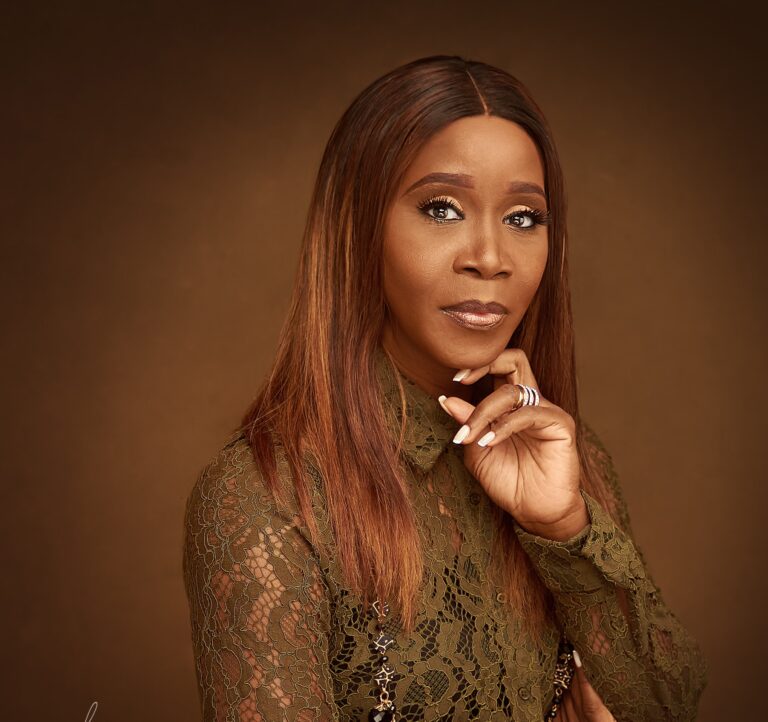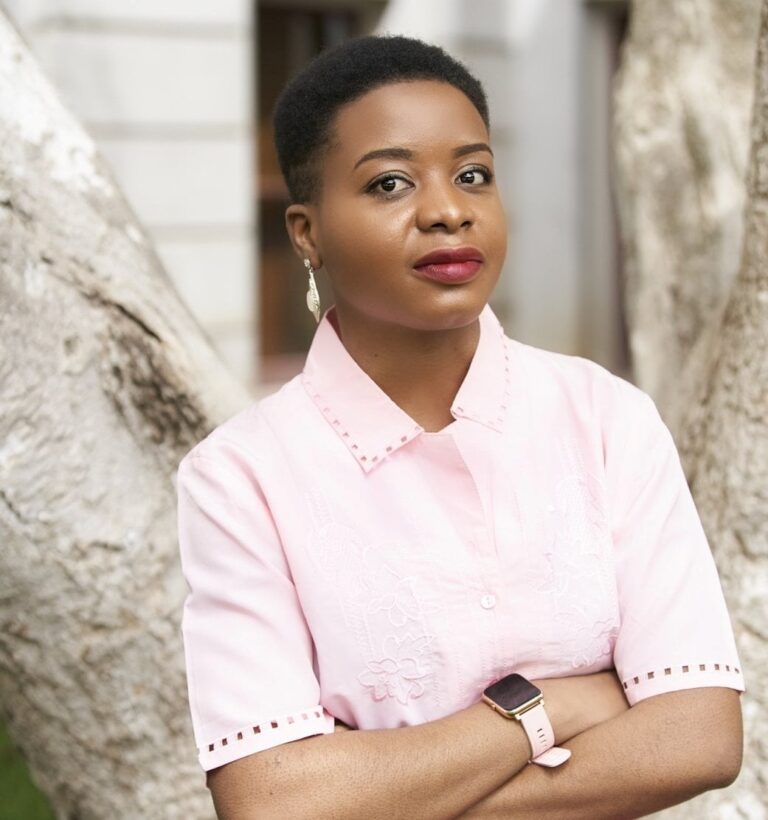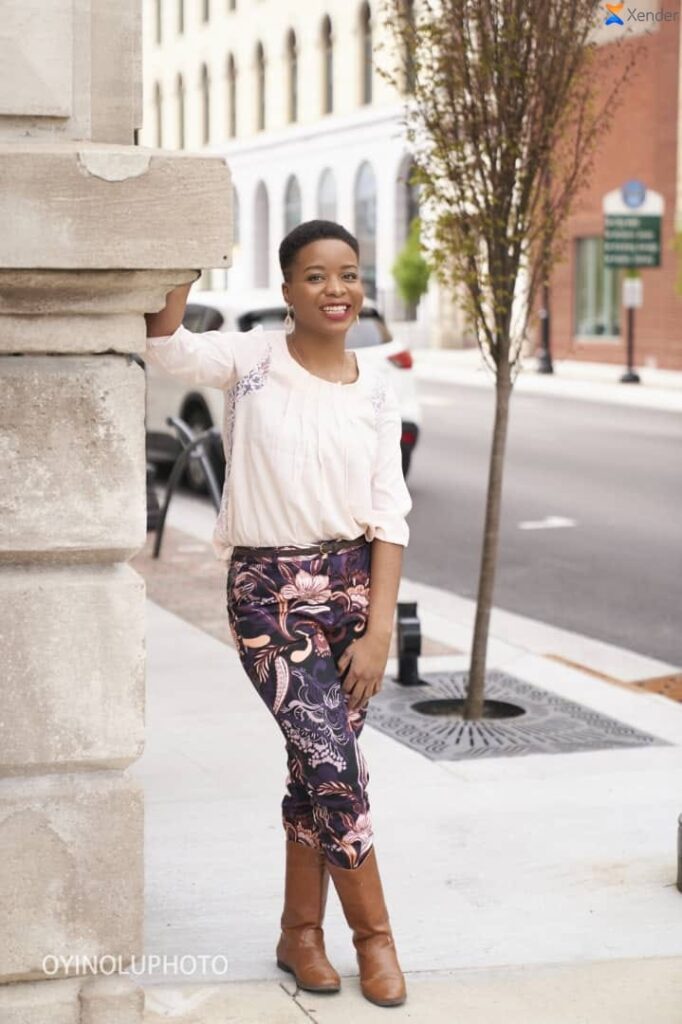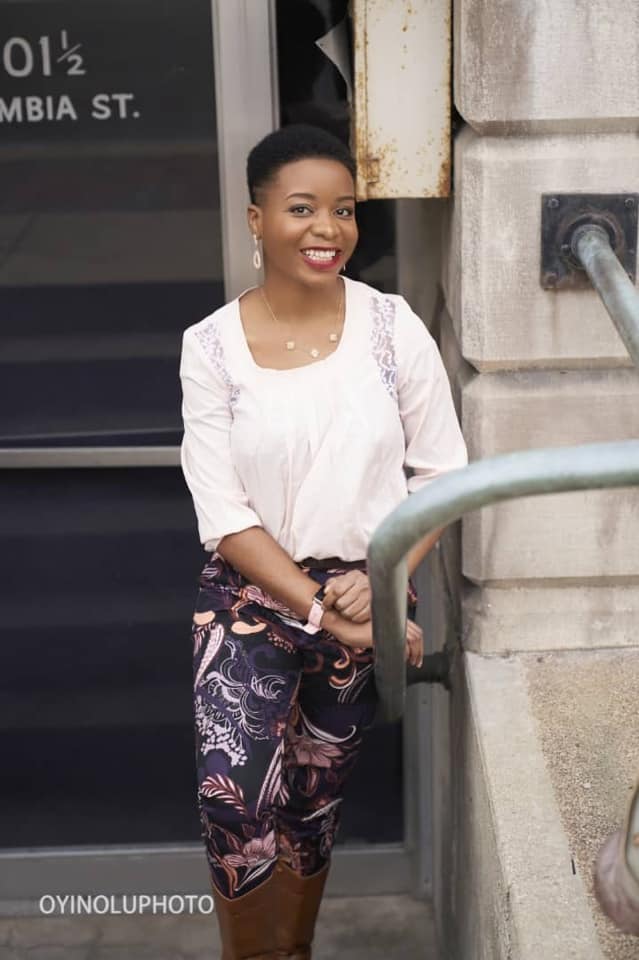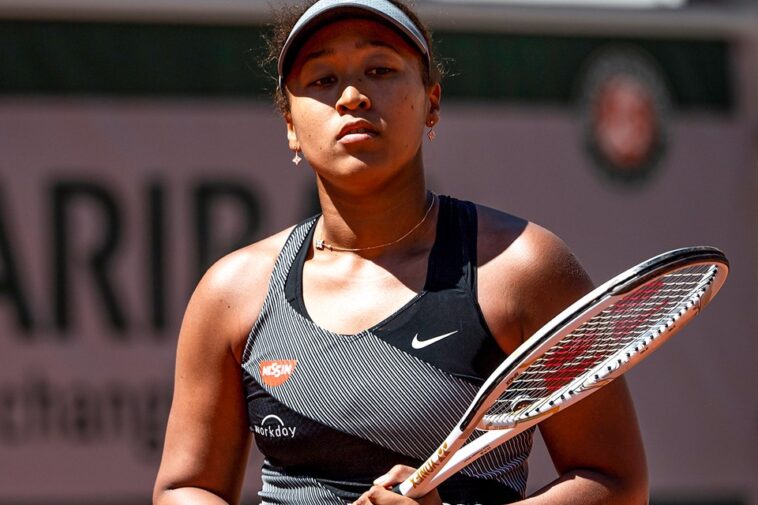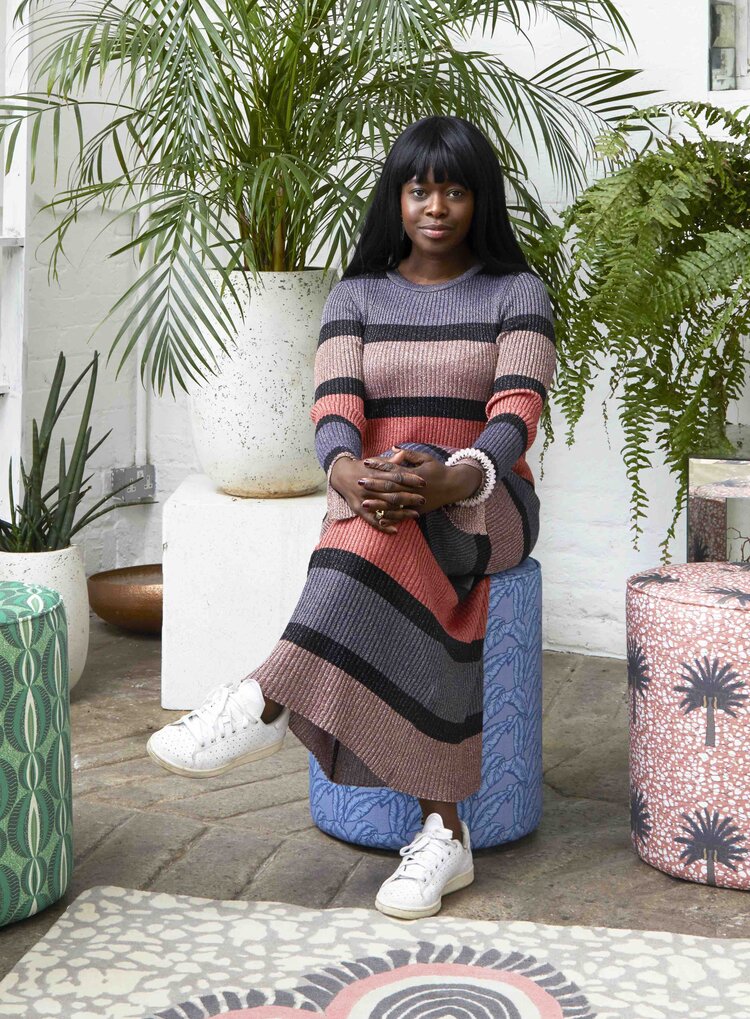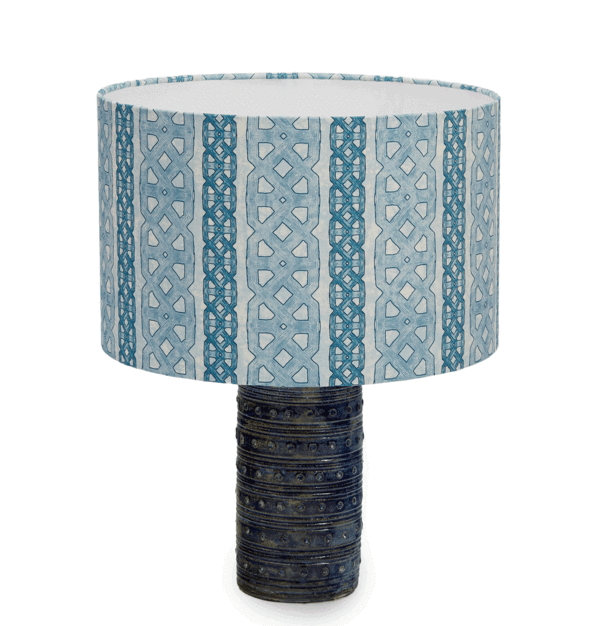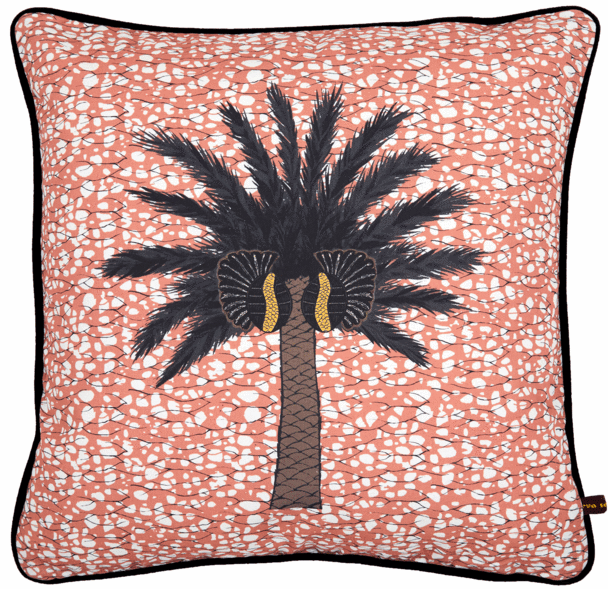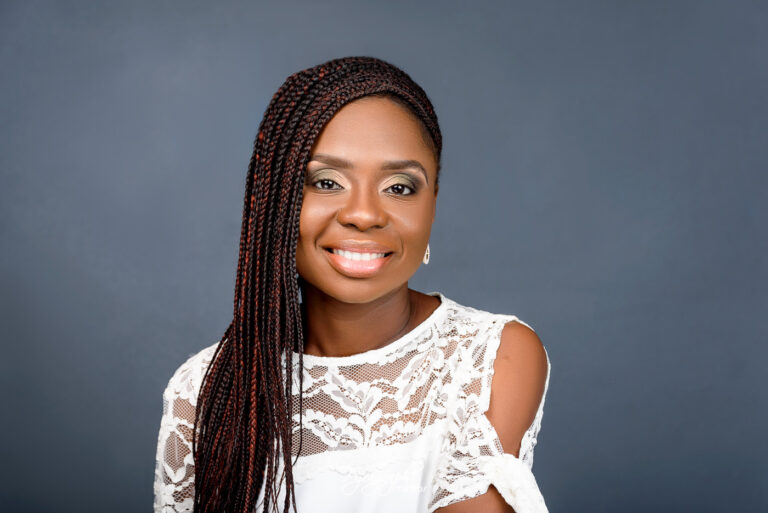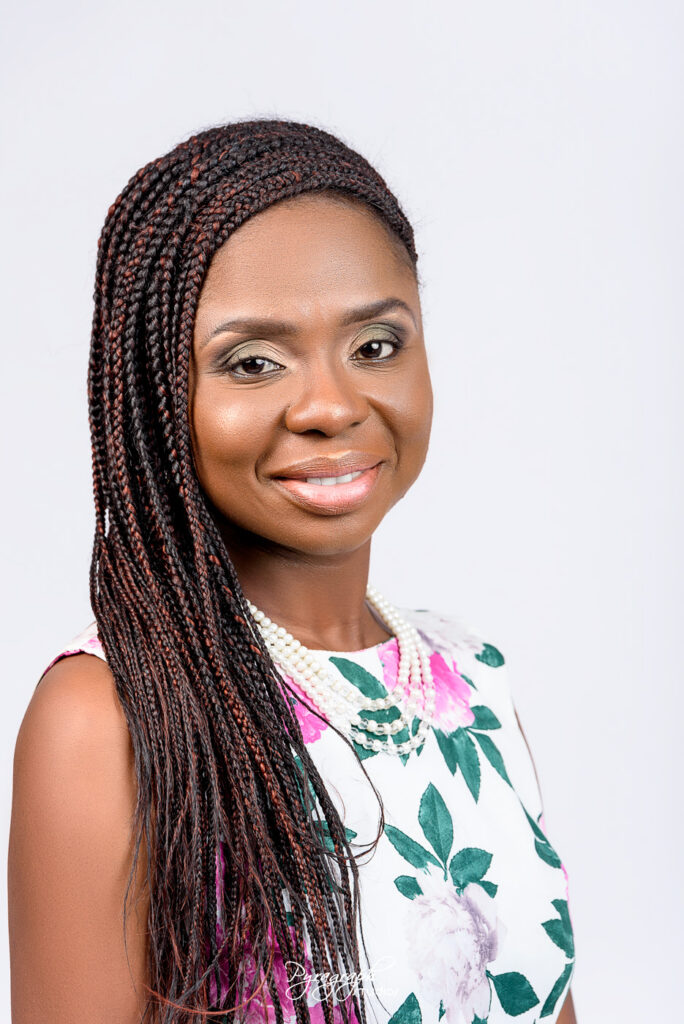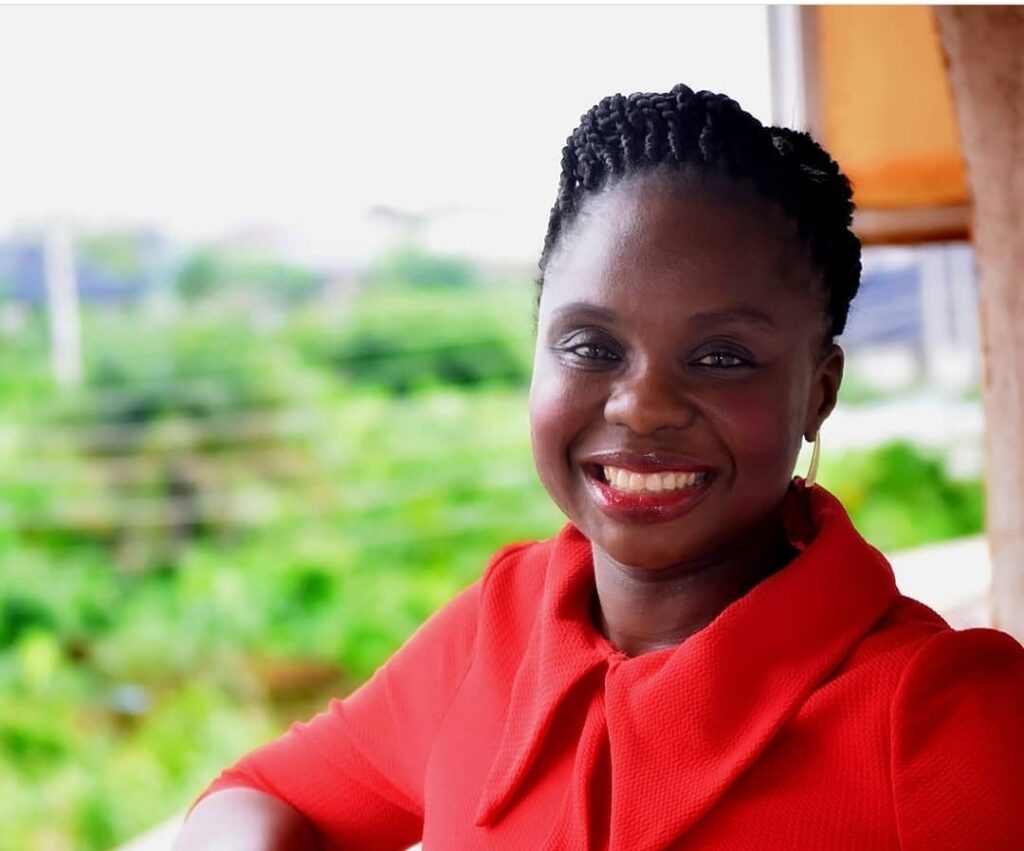“The world is waiting for you to unleash your greatness.” – Odunayo Sanya.
Our ‘Woman in Leadership’ this week is Odunayo Sanya.
Odunayo is a Nigerian executive with over 23 years of experience in the corporate world. She currently serves as the Executive Secretary of the MTN Nigeria Foundation. Her work experience spans education, financial services, telecommunications and development sectors. She is a gifted writer who received widespread acclaim for her book ‘Alphabets of Leadership for Young Minds,’ which she published in 2019.
Odunayo is an International speaker. A Certified Coach, Speaker, and Trainer with the John Maxwell Team. She is an alumna of the Lagos Business School and the Institute of Management Development Switzerland, with executive training from the Harvard Business School and Cornell University.
She is also the convener of the ‘Thrive Circle’ a mentorship platform which she describes as her ‘pandemic story’. The Thrive Circle is a platform for individuals seeking growth in life and career. Odunayo is passionate about youth empowerment, leadership, mentorship, and nation building. In 2019, she received the Marketing World ‘Customer Service Thought Leader Award’ in Accra, Ghana. She was the 2019 Global Leadership Program Speaker at Coventry University in the United Kingdom. She shares her inspiring journey in this exclusive interview.
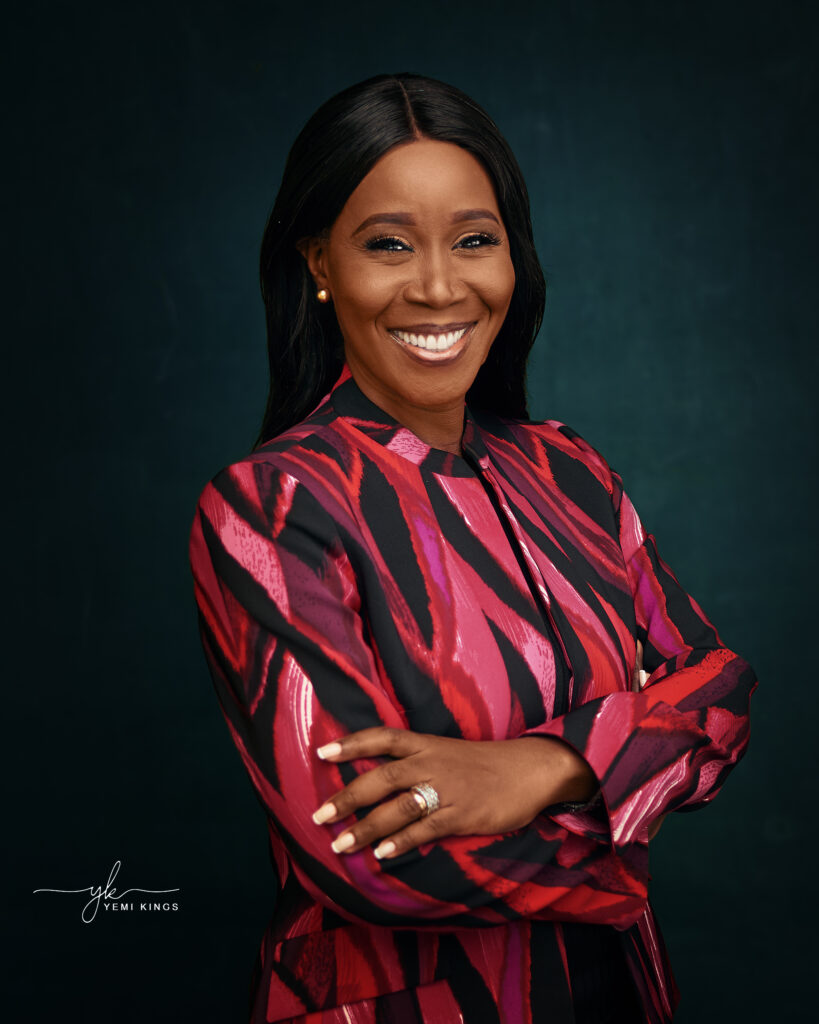
Childhood Influence
First, I’d like to thank Women of Rubies for having me and for creating this platform to showcase and encourage women. My childhood was exciting with a disciplinarian as a dad. I was brought up to cherish family – I come from a close-knit family of nine; Dad, Mum, 2 boys and 5 girls.
My childhood was in Lagos. From a young age, my parents taught me (likewise my siblings) to embrace the world with an open mind, this found expression in the choice of schools i attended – F.G.G.C Akure (Ondo State) & New-Bussa (Niger State). The choice of the boarding house shaped me and strengthened my sense of independence. I learnt diversity and inclusion from my parents, they never discriminated. The boarding house helped my social skills, it opened me up to interactions with diverse individuals and great minds. I was brought up to be comfortable in my skin and to strive for excellence. At a point in primary school, my dad taught me maths after school. I learnt from my parents that “putting in a word for someone is easier when the individual brings value to the table.”
Adventure was a pastime for my parents as i was encouraged to take some bold steps – i recall my dad seeing an advert in the newspapers for a new university that is, University of Abuja and he encouraged me to apply though we knew no one in Abuja at that time. And yes! I got the admission and as they say, the rest is history. I spent my Youth Service year in a small village called Ukpa in Ogoja, Cross Rivers State. My first job was outside Lagos (my parents lived and still live in Lagos). As a child I had a prayerful Grandma who taught me about God.
I would say YES, my childhood prepared me in more ways than one.
Inspiration behind The Thrive Circle
I have a strong passion for people, and I get very excited when individuals realize their potential. Someone described me as a ‘serial mentor’ (lol!). I had a strong desire to birth a platform for sharing knowledge that will enable individuals to thrive in their neck of the woods. The perfect opportunity came with the COVID-19 pandemic, the fear in the air was palpable and the confusion was like we had never known, i had a conviction within me that this was the right time. The first session was tagged ‘Finding Strength in Adversity.’ It’s been twenty-two speakers and thirty-one sessions after, ‘Thrive Circle’ is still standing. We are a community committed to learning.
The Journey so far
I am grateful for the journey. It has tested my resilience. I have expanded my network of friends and acquaintances. My knowledge horizon has been broadened, topics such as; Entrepreneurship, The Future of work, Mental Health, Crucial Conversations, Strategy, Emotional Intelligence, Conflict Management, Ethics, Risk Management and many more have been discussed in the Thrive Circle. We have also played host to accomplished professionals as our speakers. The future for Thrive Circle is bright – watch out.
Impact of being an International Speaker, and Certified Coach
My first international speaking engagement was borne of the need to affirm myself. I had a strong desire to share my thoughts with other professionals and enrich the discussions in the field of Customer Experience. Was i scared? Yes, I was. Did it go well? Yes, it did and opened more opportunities for me. We are all speakers, and our voices are gifts from the ‘Grand Overall Designer’ (GOD). The question is ‘How are we using it? I am also a John Maxwell Certified Coach.
Being a Coach and a Speaker has enabled my growth and depth. As it is said, ‘Sameness is the death of a speaker’ and since I don’t want to die yet (lol!) it keeps me on my toes to keep gleaning new knowledge and applying them to my life. In terms of impact, i am a much better individual, leader, team member, mother, wife and member of the society. It has helped me with the mastery of human relationships and excellent delivery people. The most important impact is the privilege of connecting people to their aspirations and potentials. Speaking whether as a hobby or professionally is 99% about the audience (listener) and maybe 1% about the speaker.
My Customer Thought Leader Award, 2021 Sales Ruby Influencer Award & recognition as one of the Top 100 Career Women
These awards came as surprises. I recall for the sales Ruby award, I was getting ready to retire for the night and I got a message from a secondary school friend that she had voted. I was at a loss, I asked her what for, she then laughed at me and sent me the link to nominations. It however feels good when one’s good work is recognized by others. It really is humbling. I see this as a call to do more and be more.
Challenges of My Work at MTN Nigeria
On a lighter note, I have been working from home for over a year now and enjoying every bit of it. One of the greatest challenges of WFH is the near loss of work-life-balance. I self regulate and try to keep to a time regime to prevent any form of burn out. My Organization also ensures we keep to healthy work regimes.Challenges are a constant part of life. These challenges are opportunities in disguise. My work keeps me on my toes and presents me with the opportunity to serve and innovate. Creating and implementing service experiences and engagement strategies for 75m customers is a huge responsibility. I recently, changed roles and I look forward to the opportunity of enabling people and communities through the MTN Nigeria Foundation.
Other Projects & Activities
I am an Author. My book ‘Alphabets of Leadership for Young Minds’ is listed in the United States Library of Congress, it is targeted at youth ages 10 – 16. I desired to give my oldest daughter a journal filled with my thoughts on various leadership topics as she moved into the boarding house. The journal was to help her navigate the new phase of her life and be a valued member of her community. The journal became the book.
My work with youths through the John Maxwell Team exposed me to the dearth of understanding of Leadership at that level – it has been positioned as the exclusive preserve of adults. The book is my contribution to nation building. I decided to put down my thoughts and make it available to every Youth. The book is listed in the United States Library of Congress and available on:
It is also available at Laterna Ventures, Oko Awo Street, Victoria Island Lagos
3 Women Who Inspire Me to Be Better And Why
My Grandmother of blessed memory – she taught me to love God.
My Mum – she taught me resilience.
Mother Theresa – She embodied the fact that Leadership and purpose are conjoined, when you walk in purpose you will Lead. Most important, her life teaches that you don’t need a position to lead. Lead from wherever you are.
Advice to Young Women Who Wish to Be Trailblazers Like Me
1) ‘The world is waiting for you to unleash your greatness, don’t negotiate away your purpose in the face of seeming difficulties.’
2) ‘Dreams are free but the journey is not’
3) ‘You are limitless until you tell yourself otherwise’
4) ‘Let the quality of your work speak for you when you are not there’
5) ‘Be comfortable being you.’
Being a Woman of Rubies
Hmmm!! I should be asking you that question.
First, is that God says my worth is far above rubies – Prov 31.
Second is that I carry in me the seed of greatness and I am nurturing it.
Third is that I seek to add value to the people and environments I find myself in.
Maybe you should carry out a survey and let us compare the results.
You can connect with Odunayo Sanya through her handles below:
Linkedin – odunayo moritiwon sanya
Instagram – Odunayo.Sanya
Facebook – Odun Moritiwon Sanya
